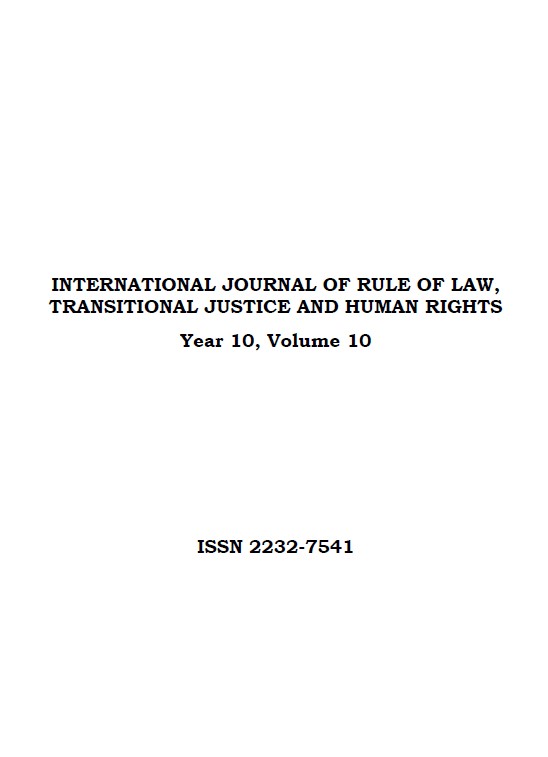The transitional justice in France after the Second World War
The transitional justice in France after the Second World War
Author(s): Lucie GambaSubject(s): Human Rights and Humanitarian Law, Law and Transitional Justice, Economic history, Political history, Government/Political systems, Post-War period (1950 - 1989)
Published by: Udruženje “Pravnik”
Keywords: Transitional justice; France; Post World War II process in justice; systematic human rights violations;
Summary/Abstract: According to the website of the International Center for Transitional Justice, Transitional justice “refers to the ways countries emerging from periods of conflict and repression address large-scale or systematic human rights violations so numerous and so serious that the normal justice system will not be able to provide an adequate response”. How transitional justice did work in France after the Second World War? The country had to deal with the punishment of the responsible, and its reconstruction. This war destroyed the country, socially, economically, and politically, and the needs of reforms was urging. Before all the international conventions, the official recognising of human rights as we know it today and the advent of transitional justice, France and more generally the world had to deal with it and find a balance between justice and rebuilding. The social context was complicated because of the hate and the thirst of revenge of the population and it was another factor for the public authority to deal with.
Journal: International Journal on Rule of Law, Transitional Justice and Human Rights
- Issue Year: 10/2019
- Issue No: 10
- Page Range: 117-124
- Page Count: 8
- Language: English

